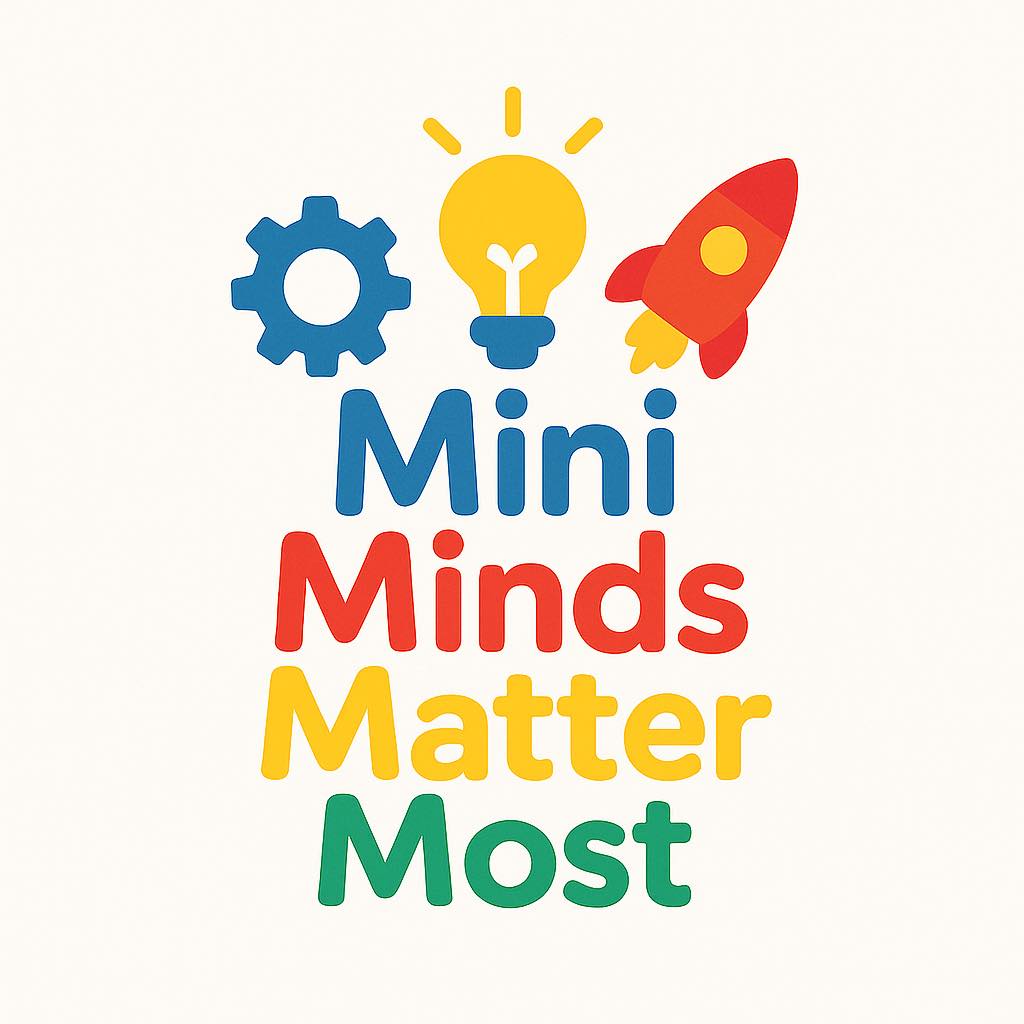A new Briefing Paper, Diet in Pregnancy, published by the British Nutrition Foundation, combines the findings of academic research and recommendations from authoritative institutions into a roadmap for good nutrition for parents and their babies, from preconception through pregnancy.
Diet in Pregnancy is published in the wake of the House of Lords Food, Diet and Obesity Committee’s report – Recipe for Health: a plan to fix our broken food system – which emphasises the importance of targeting pre-conception, pregnancy and early life to improve the overall health of people in the UK.
The British Nutrition Foundation paper, compiled by nutrition science experts and academics*, describes how a healthy, varied diet providing adequate energy and nutrients is essential to support fetal growth and development, and maternal health during pregnancy, when demands for energy, protein, and several micronutrients increase.
However, data show that many women of childbearing age are not meeting recommended daily nutrient intakes, which can have a negative effect on their unborn baby’s development.
Sara Stanner, Science Director of the British Nutrition Foundation and co-author of the paper, said: “Dietary advice that encourages adequate intakes of the wide range of nutrients that contribute to maternal and fetal health, emphasising foods rich in folate, iodine, iron, calcium and vitamin D, is crucial. This should be accompanied by advice to take folic acid supplements pre-conception and during early pregnancy and to consider taking vitamin D supplements throughout pregnancy between the months of October to March, or throughout the year for those considered at ‘high risk’.”
The ideal is that women start pregnancy with sufficient nutrient levels and status – for example, it is recommended to start taking folic acid supplements 3 months before trying for a baby. Effectively, as many pregnancies are unplanned, this means that improving the nutritional health of all women of childbearing age is key to the health of the next generation.

Pre-conception
Iron
Iron is important in pregnancy to produce the red blood cells that carry oxygen to both mother and baby, as well as supporting foetal growth and brain development and building up the baby’s own iron stores. Over a third (34%) of all women aged 19 – 65 years in the UK have low iron intakes and poor iron status is linked to poor outcomes for both mother and baby, including premature birth and low birth weight. So, women of childbearing age are advised to include iron-rich foods such as meat, fish, eggs, pulses, dark green leafy vegetables, and fortified breads and cereals in their diet. Consuming foods rich in vitamin C is also important for people following a plant-based diet as vitamin C will help their body to absorb iron from plant foods.

Folate/folic acid
Taking a folic acid supplement before conception and during the first 12 weeks of pregnancy helps to prevent neural tube defects (NTDs), such as spina bifida, in babies. The latest NDNS data revealed that 83% of women aged 16 – 49 years had blood levels of folate that put them at increased risk of an NTD affected pregnancy. For the majority of women, a daily 400µg folic acid supplement is recommended, ideally from three months before pregnancy, to ensure levels are sufficient to support healthy development in early pregnancy. Where there is a greater risk of NTDs, maybe due to family history, a 5mg/day supplement may be recommended by a healthcare professional.
Iodine
Iodine is the mineral that enables the body to make thyroid hormones, which are needed for brain development. Low iodine levels during pregnancy can result in impaired infant brain development and have been linked with reduced reading age and IQ in childhood.
The Scientific Advisory Committee on Nutrition has suggested that going into pregnancy with a good iodine status may be as important to a baby’s long-term health as consuming adequate iodine during pregnancy. But latest figures1 show that average iodine status – measured using urinary iodine concentrations – is insufficient for girls aged 11 to 18 years and women of childbearing age (16 to 49 years). There has also been a significant decrease in iodine status over the last decade.
Stanner said: “Milk and other dairy products are a main source of iodine for most people. So, for those not consuming dairy products, it is important to get iodine from alternative sources such as eggs, fish, shellfish, and iodine fortified milk alternatives. Although not advised routinely, supplements may be considered for people who may not be consuming sufficient iodine rich foods.”
Calcium and Vitamin D
Calcium is essential for the healthy development of a baby’s bones and teeth and vitamin D helps the body absorb calcium, so both are important from pre-conception throughout pregnancy; the latest NDNS data also shows that 17% of women aged 19 – 64 have low blood levels of vitamin D.
Stanner continued: “The advice for all women, including those who are planning a pregnancy, is to consider taking a daily 10µg vitamin D supplement in the autumn and winter months (October to early March), and consume foods that contain Vitamin D like oily fish, eggs and some fortified breakfast cereals. This is particularly important for women at higher risk of vitamin D deficiency, who may want to consider taking a supplement throughout pregnancy, including women with darker skin such as those of South Asian, African or African-Caribbean origin, or women who cover most of their skin when outside.”
Essential Fatty Acids
The paper states that omega 3 fatty acids found in foods such as oily fish are crucial for fetal cell membrane structure, new tissue formation, brain and retina development.
Alcohol
Research shows that the only safe option is not to drink any alcohol at all from before conception throughout pregnancy.

During pregnancy
Stanner said: “During pregnancy, an unborn baby gets all the nutrients it needs for healthy development and growth from its mother. So, it is essential that women get the right amounts of energy, protein, vitamins, including vitamin D and folate/folic acid, and minerals such as calcium, iodine, and iron, during pregnancy. Pregnant women should also avoid foods and drinks that can potentially be damaging to their unborn baby and should and avoid drinking alcohol completely.
Caffeine
Pregnant women should not consume more than 200mg of caffeine, or roughly two cups of instant coffee each day. Caffeine can be found in medicines such as cold and flu remedies, painkillers and stimulants, and in unexpected foods and drinks, including some herbal teas, hot chocolate, energy drinks, cola, milk and plain chocolate, as well as cold and flu remedies, painkillers and stimulants.
For further information about diet in pregnancy and to download a handy guide visit the British Nutrition Foundation’s website: https://www.nutrition.org.uk/nutrition-for/pregnancy/






